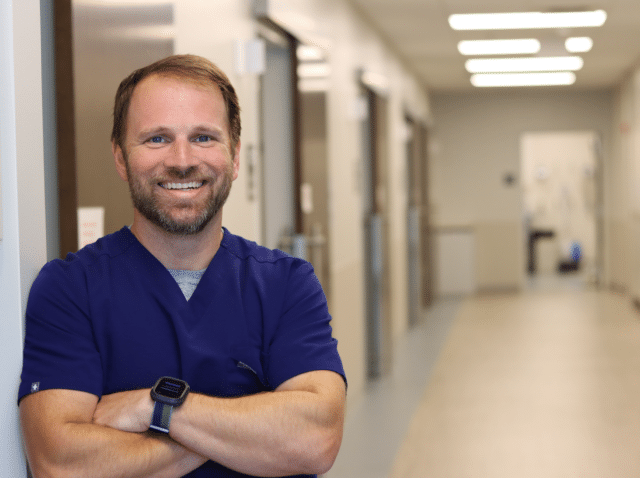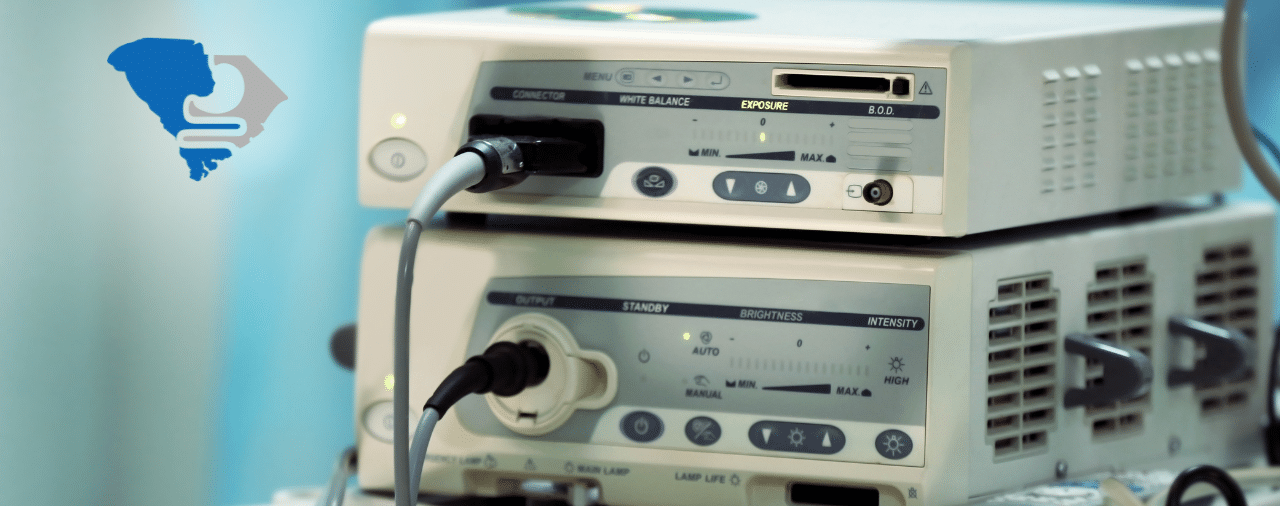As a gastroenterologist, one of the most powerful tools at our disposal is the endoscope — a slender, flexible instrument that allows us to see directly inside the gastrointestinal (GI) tract. Endoscopy has revolutionized the way we diagnose and manage a wide range of GI conditions, offering unmatched precision, safety, and effectiveness.
What is Endoscopy?
Endoscopy refers to a minimally invasive procedure that uses a thin tube with a light and camera to examine the inside of the digestive tract. Depending on the area of concern, the procedure may be:
- Upper endoscopy (EGD) – to visualize the esophagus, stomach, and duodenum
- Colonoscopy – to evaluate the colon and rectum
- Endoscopic Ultrasound (EUS) – to diagnose chronic pancreatitis, or cancer of the esophagus, stomach, rectum and pancreas
- Capsule endoscopy – to image the small intestine via a swallowable camera capsule
Each of these plays a vital role in the accurate diagnosis and treatment of GI diseases.
Why Endoscopy Matters
1. Early Detection of GI Conditions
Early detection often translates into earlier, more effective treatment — and better outcomes for patients. Endoscopy allows us to detect GI disorders at their earliest stages, including:
- Peptic ulcers
- Gastroesophageal reflux disease (GERD)
- Celiac disease
- Inflammatory bowel disease (IBD)
- Colorectal polyps and cancers
- Esophageal, Gastric & Small Intestinal cancers
2. Tissue Biopsy and Histological Analysis
During an endoscopy, we can take biopsies from areas of concern. This allows for histological analysis, helping us diagnose conditions like Barrett’s esophagus, Crohn’s disease, ulcerative colitis, and GI cancers with greater accuracy.
3. Therapeutic Intervention
Beyond diagnosis, endoscopy also enables therapeutic procedures, including:
- Polyp removal
- Dilation of strictures
- Treatment of GI bleeding
- Foreign body retrieval
- These capabilities reduce the need for surgery and shorten recovery times.
4. Minimally Invasive, Highly Informative
Compared to imaging tests, endoscopy provides direct visualization of mucosal surfaces, making it a superior diagnostic option in many scenarios. It is generally safe, well-tolerated, and performed under sedation for patient comfort.
5. Screening and Preventive Care
Routine colonoscopies for colorectal cancer screening are one of the most effective preventive measures in modern medicine. Endoscopic screening has been shown to reduce the incidence and mortality of colorectal cancer significantly.
A Patient-Centered Approach
Patient education is key to increasing awareness and compliance with endoscopic procedures. Many individuals avoid endoscopy due to fear or misunderstanding. As clinicians, we play a crucial role in reassuring patients about the safety and importance of these tests, particularly for those with persistent GI symptoms or a family history of GI disorders.
Final Thoughts
Endoscopy is more than just a diagnostic procedure—it’s a window into the health of the digestive system. Whether we are identifying early signs of disease, performing targeted interventions, or providing reassurance with a normal exam, endoscopy remains an indispensable part of GI care.
If you or someone you know is experiencing unexplained GI symptoms, don’t delay. Early evaluation with endoscopy can lead to timely diagnosis and improved quality of life.
If you have concerns about your gut health, don’t hesitate to call 864-232-7338 or click here to make an appointment with one of our providers.
Written by Dr. Jared Geist, Gastroenterologist


